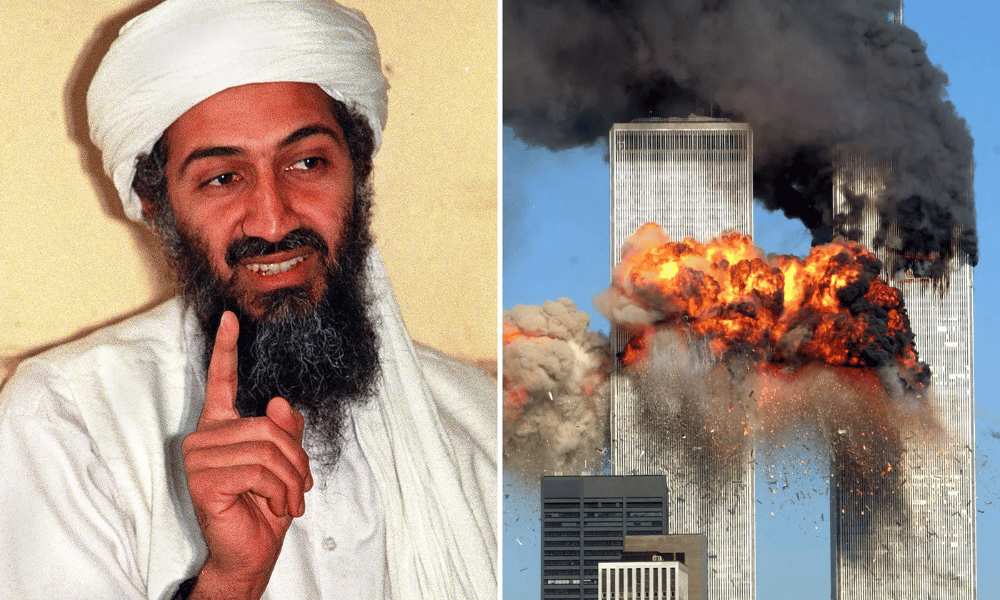
The 9/11 attacks, a tragic and devastating event, not only shook the United States but also played a pivotal role in shaping the country's foreign policy, including the decision to wage war. Let's explore how this tragic event was leveraged to sell a war.
| Are you a Tax Lawyer in USA? 👉Transform Your Brand: Click for Metamorphosis👈 |
1. Immediate Response: In the immediate aftermath of 9/11, there was a profound sense of shock and anger across the nation. The desire for justice and retribution was palpable, and the U.S. government swiftly launched a global campaign to root out the perpetrators responsible for the attacks.
2. Linking 9/11 to Terrorism: The U.S. government, led by President George W. Bush, made a deliberate effort to connect the 9/11 attacks to terrorism, specifically the extremist group Al-Qaeda, led by Osama bin Laden. This linkage created a powerful narrative that framed the attacks as an act of war rather than a criminal act.
3. The War on Terror: The phrase "War on Terror" became a central theme in the government's response. The administration asserted that the United States was at war with terrorists and the states that harbored them. This framing created a sense of urgency and a mandate for military action.
4. The Invasion of Afghanistan: In October 2001, the U.S. initiated Operation Enduring Freedom, invading Afghanistan with the primary goal of toppling the Taliban regime, which had provided a safe haven for Al-Qaeda. The connection between the 9/11 attacks and the need to eliminate terrorism was a powerful selling point for this military action.
5. The Iraq Invasion: The 9/11 attacks were also used to justify the invasion of Iraq in 2003. The U.S. government asserted that Iraq possessed weapons of mass destruction (WMDs) and had links to terrorism. While these claims were later disputed and proved to be inaccurate, they were instrumental in building public support for the war.
6. Political Rhetoric and Public Opinion: Key political figures frequently invoked the memory of 9/11 to garner public support for military actions. The fear of another terrorist attack and the desire to prevent future threats were powerful emotional drivers that influenced public opinion.
7. The Patriot Act and Enhanced Security Measures: The government also used the post-9/11 environment to push for legislative changes, including the passage of the Patriot Act. This legislation expanded law enforcement and surveillance powers, further emphasizing the need for a comprehensive response to the threat of terrorism.
8. Long-Term Consequences: The use of 9/11 to sell a war had profound and long-lasting consequences. The wars in Afghanistan and Iraq, initiated in response to the attacks, lasted for years and had complex geopolitical ramifications. The rhetoric surrounding these conflicts also sparked debates about civil liberties, international relations, and the role of the United States in the world.
In conclusion, the 9/11 attacks were a turning point in U.S. history, not only in terms of national security but also in the way they were used to justify military action. The emotional impact of the attacks, coupled with the fear of future terrorism, played a significant role in selling the wars in Afghanistan and Iraq to the American public and the world. The consequences of these decisions continue to be debated and scrutinized to this day.